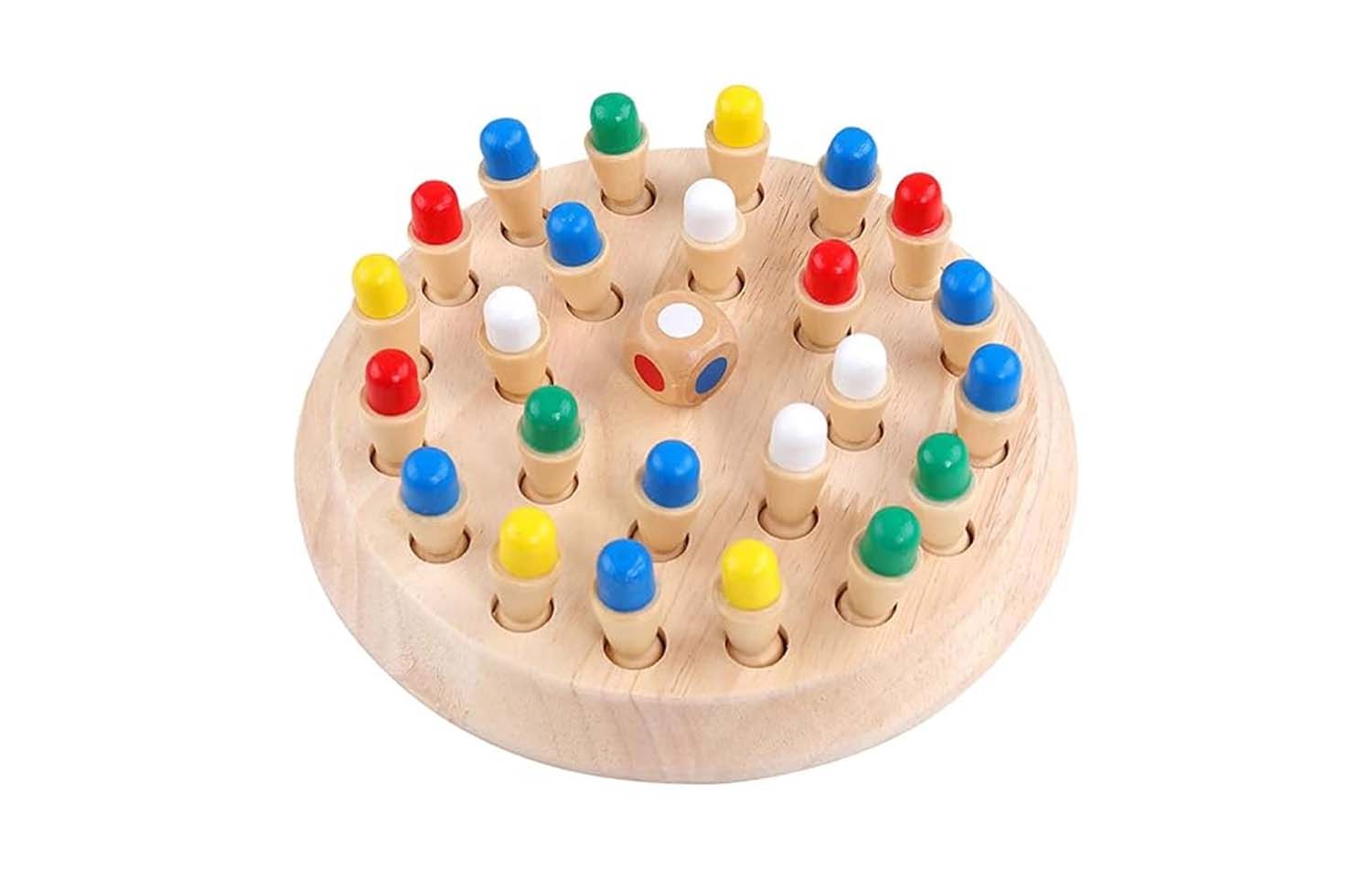Introduction
What is Memory Chess? Memory Chess is a fun mind game that requires one to use intelligence and memory. It forces players to know the cards’ location and pick the same dot. In this step-by-step lesson, first, we will uncover the rules, and then the means to master the difficulty kind.
Understanding the Rules
- Preparation: Within a game, all of the chess pieces are placed with their faces down in the texture of the table. So that nobody can know their figure by them.
- Gameplay: The subsequent dice are rolled by players, and their piece of a specific colour is moved to where the die colours match. If successful, they get the piece, otherwise, they put it back where it was before.
- Victory Conditions: The game could be considered over with the most number of pieces, the pieces of the same color being collected first, or the player having one piece of every color.
How to Play Memory Chess
- Setup: Start by laying the chess board and the chess pieces on the wooden board. See to it that all the parts have been disturbed and can not be seen.
- Roll the Dice: The first player rolls the dice in order to identify the color that must be matched.
- Piece Selection: Players choose a chess piece by randomly picking the color that fits to their roll. If they are right, they pass the dice again to have the opportunity to get more new pieces. If it is incorrect, the piece is placed back in his or her original place.
- Continued Play: The first phase of the game is each player drawing a piece and everybody rolling the dice. The person who is rolling the most number of times gets the right to keep one of the pieces in his/her color. The game comes to an end when all of the pieces are gathered up or the winner is decided according to the rules without changes determined in advance.
Benefits of Playing Memory Chess for Kids
- Memory Enhancement: Making children remember the right place and color of the chess pieces is an additional way always to exercise their memory.
- Strategic Thinking: Help kids know that this game they must use carefully and watch out of matching of the colors of their pieces with the next ones and so that they can decide the position of their pieces properly in order thier chances to be increased.
Conclusion
In conclusion, therefore, we could say that chess is not just a game of fun as the term suggests, but there are so many other gains that come up from it. On the contrary, it is a perfect space where the speed of the children’ intellectual is accelerated, memorability is improved and social bike is achieved through healthy interactions among the children. And the fact that one can be grasping the rules and applying the correct tactics creating the foundation on which the challenging entertainments lie from where the child can soon become a master of chess-memorizing. Therefore, inform and get your relatives and friends get to know about the history of memory chess nursing home and observe how a history can be told.

